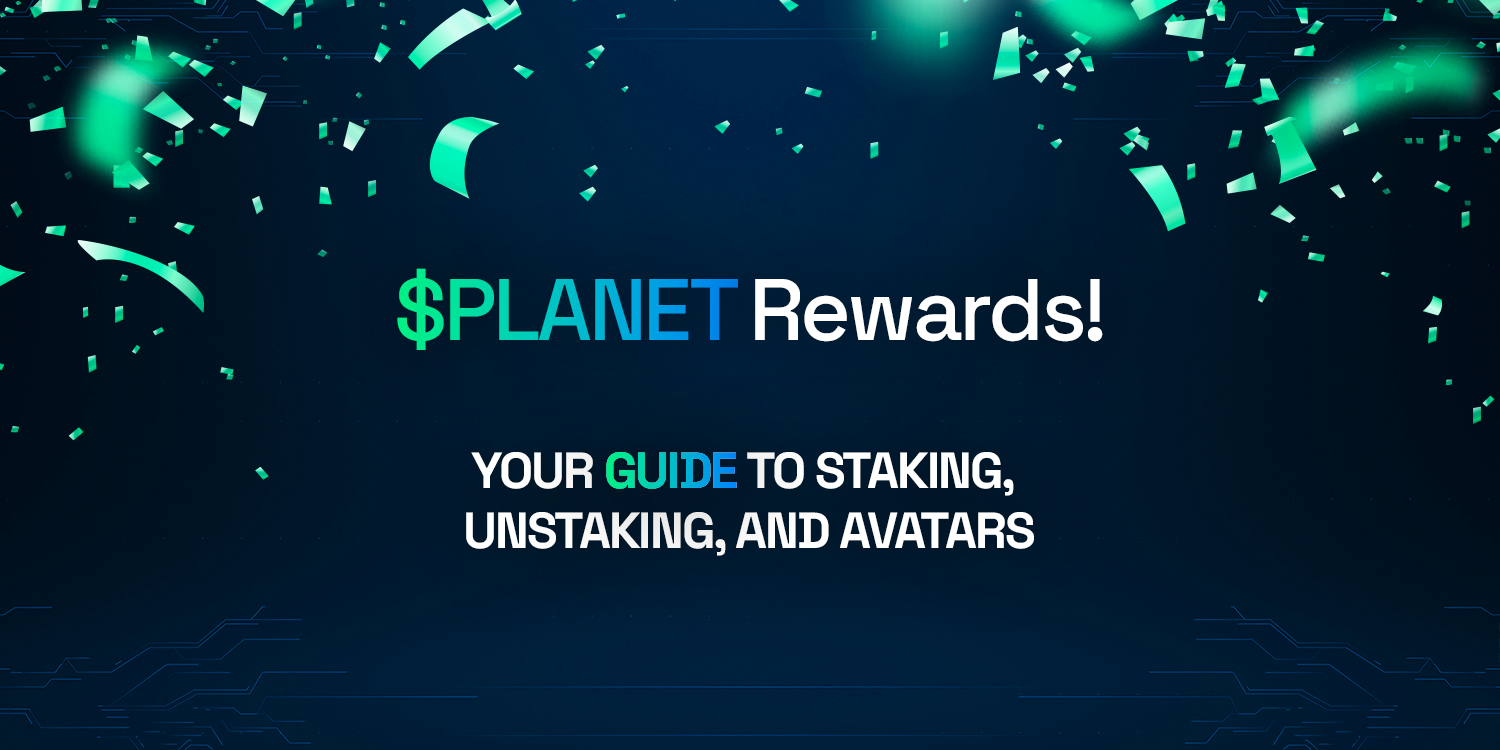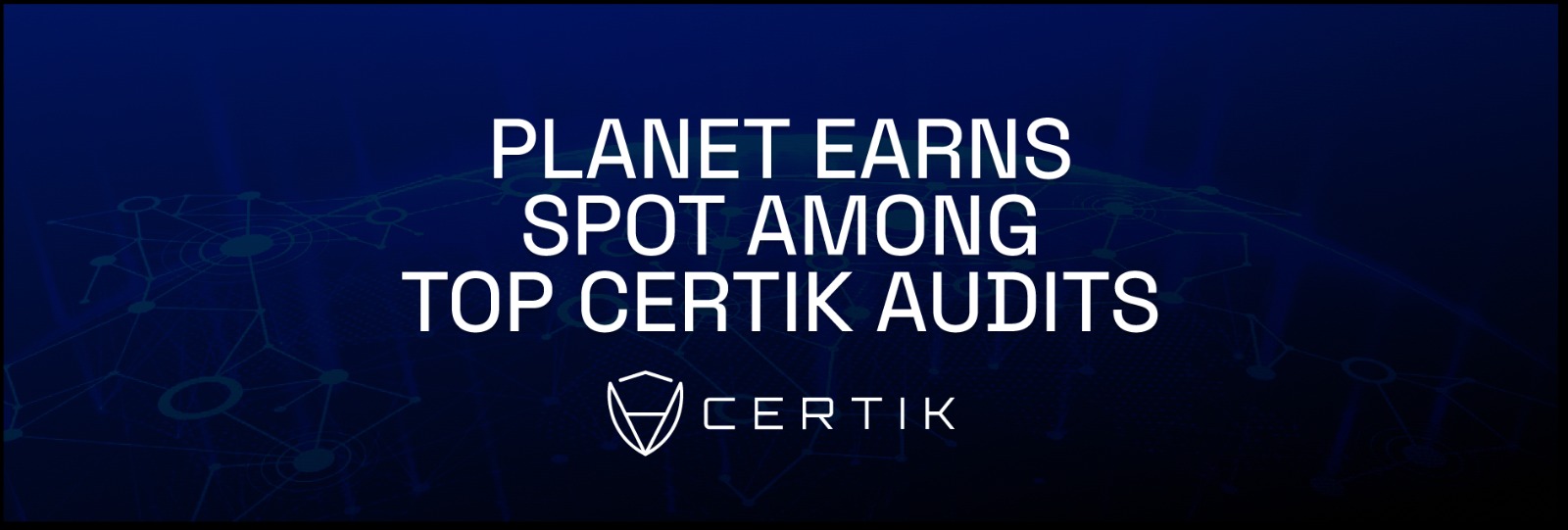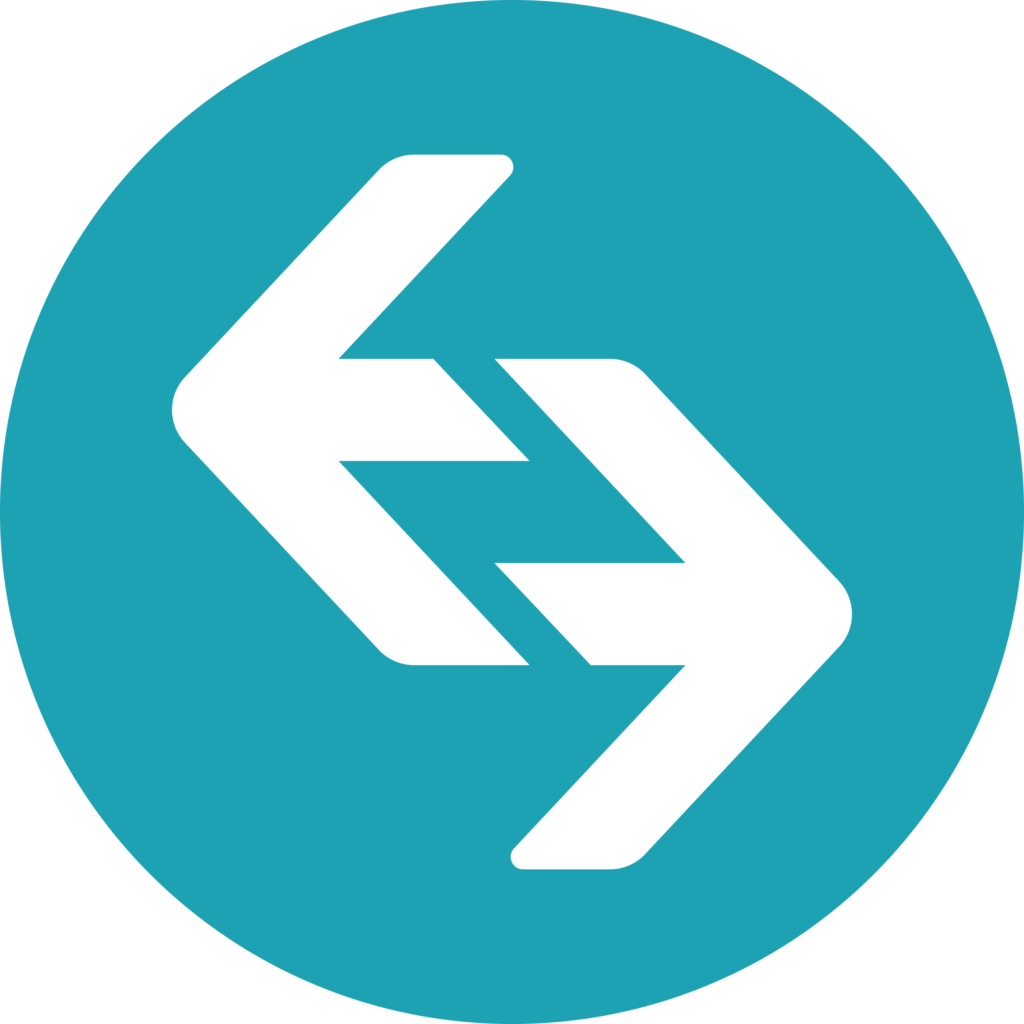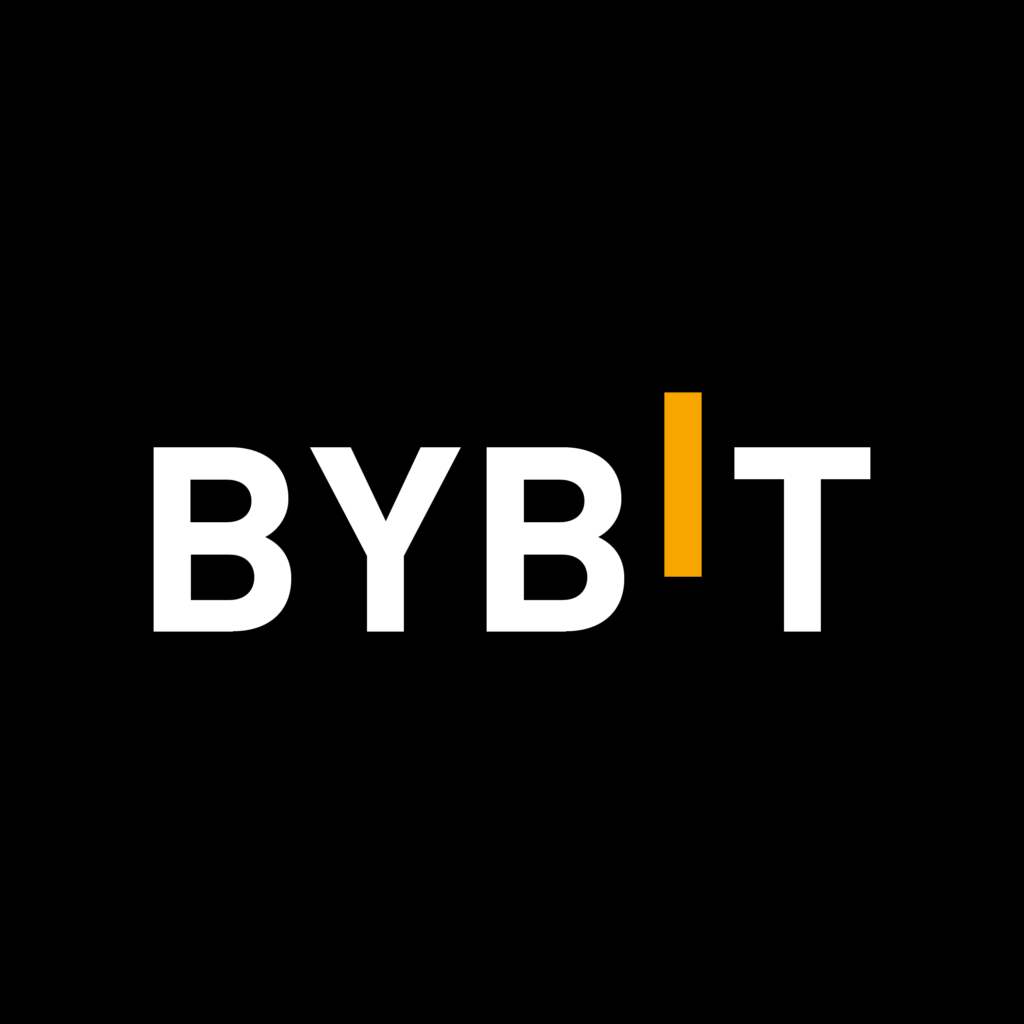The idea of “asset tokenization” has evolved as a paradigm-shifting phenomenon in a world where digital innovation is continuously reshaping established sectors. Who is participating in this digital revolution, though, and how does it all work exactly? Let’s examine it in terms of its most basic components while considering its potential applications.
What is Asset Tokenization?
Asset tokenization is the process of turning physical assets into easily tradable digital Lego blocks on the internet. These “Lego blocks” are represented by tokens, which are notable digital marks that imply ownership or a stake in the underlying asset. You can own a portion of valuable assets through tokens, just as you can own a portion of a corporation by holding its shares.
By establishing a direct connection between the actual object and its digital representation, tokenization moves assets into the digital sphere. In this whole process, a digital token that is maintained on a blockchain is created by encoding a snapshot of the asset’s value and features.
Various industries are embracing this fascinating trend. Even small firms and real estate magnates are jumping on the tokenization bandwagon. Why? because it provides a fresh option to invest in assets that were previously only accessible to a select
How Does Asset Tokenization Work?
The first step is to choose the asset. Let’s say you own a luxury apartment. You decide you want to tokenize it.
Then comes the process of tokenizing it. A specialised company helps in converting the ownership rights to the flat into digital tokens. These tokens, which function similarly to digital certificates, individually represent a portion of the apartment’s ownership.
Then comes the power of blockchain! These tokens are then safely kept on a blockchain, which functions as a sort of online ledger that keeps track of all transactions. Blockchain guarantees accuracy, safety, and guards against tampering.
Finally, investors are now able to purchase, sell, or trade these tokens. On the blockchain, ownership transfers are tracked at every stage.
Real World Applications
Real Estate Revolution: Tokenization of assets makes real estate investing more approachable. Even if it’s a luxurious penthouse located halfway around the world, you can own a portion of a property without having to purchase the entire thing.
Accessible Art: The art market is made more democratic by tokenizing pieces of art. You can share ownership of a work of art and enjoy the thrill of art ownership without having to fork over enormous sums of money.
Small Business Boost: By offering ownership stakes in their company, small businesses can use tokenization to raise money. It resembles crowdfunding but involves actual ownership.
Global Trade: The ability to trade assets more easily across borders is made possible by tokenizing commodities like gold or oil, which lowers trade obstacles and boosts market effectiveness.
Fractional Ownership: Tokenization provides fractional ownership of expensive goods, lowering the barrier to entry for luxury.
Asset tokenization is expected to transform conventional investment strategies as it picks up steam. The technology has enormous potential, and it is expected to have an impact on many different industries. Let’s look at a few of the promising future developments:
- Enhanced Liquidity: Tokenized assets can be exchanged around-the-clock, making transactions quicker and more effective than on traditional marketplaces.
- Fractionalization of High-value assets: High-value assets can be fractionalized so that anyone can possess a portion of priceless items like rare diamonds or classic cars.
- Investments for All: Tokenization makes possibilities more accessible to all investors while lowering barriers to entry.
- Automated Transactions: Blockchain-based smart contracts can enable automatic dividend payments, resulting in more seamless financial transactions.
- Real-time Ownership Tracking: Due to blockchain’s openness, ownership changes are accurately tracked in real-time, which eases the strain on paperwork and administrative processes.
In summary, asset tokenization is changing the investment landscape and how we see and interact with Real world assets. The potential benefits as this digital transformation progresses are significant, offering a future in which ownership and investment are more attainable, simplified, and inclusive than ever before.
















